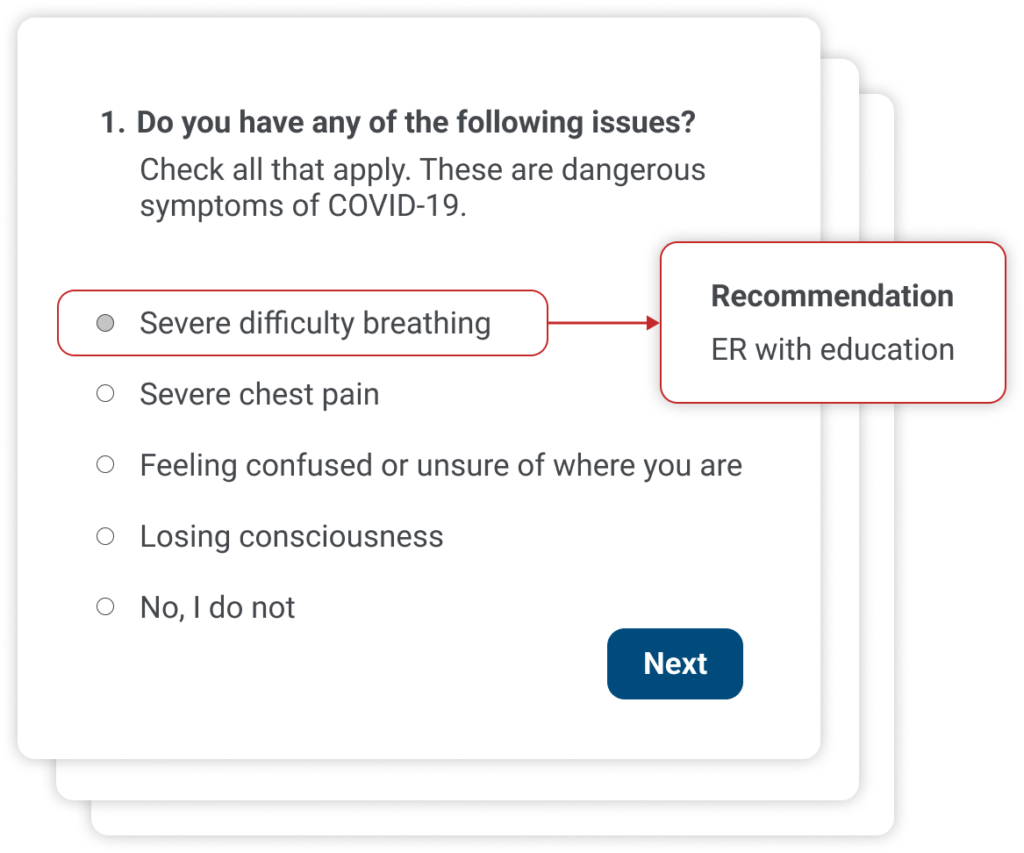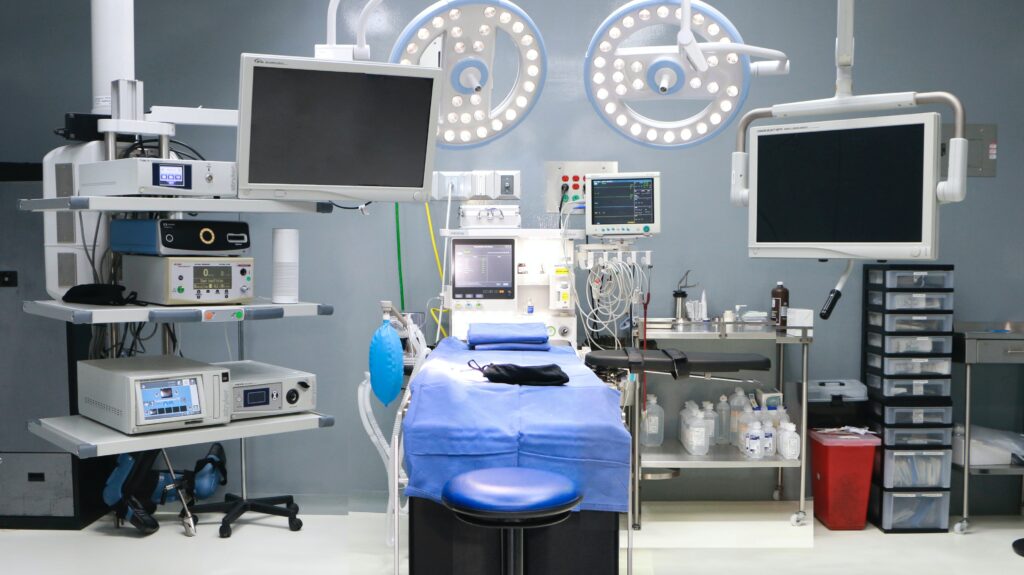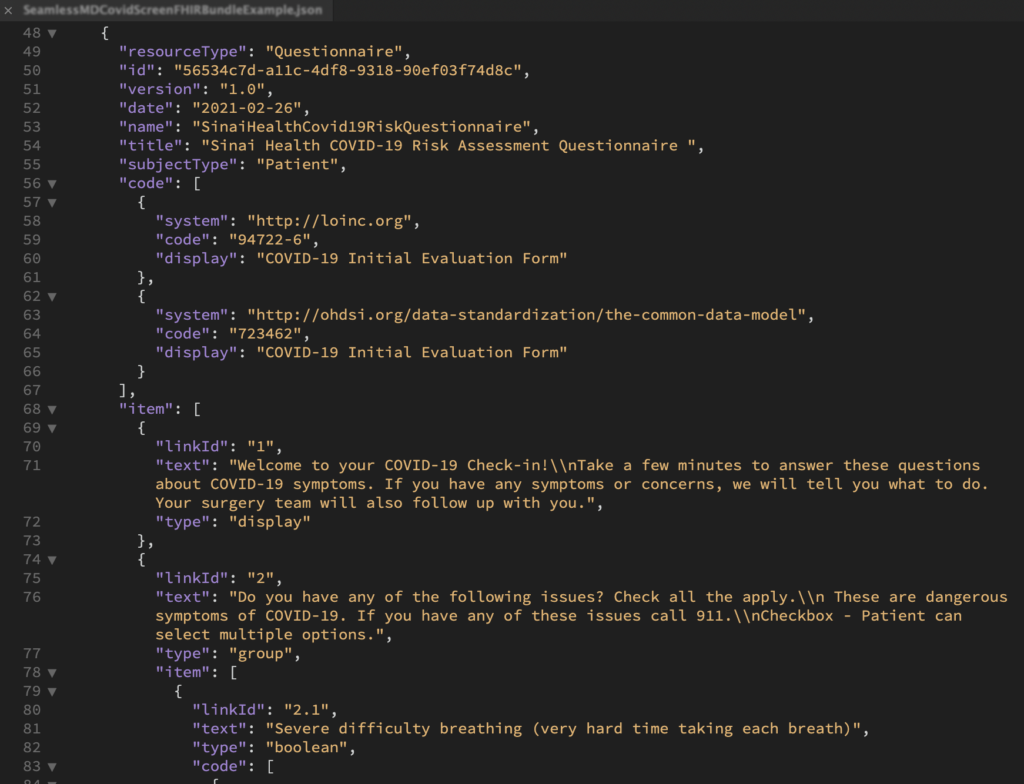Case Study
Tackling Surgical Backlogs with Remote Care, Centralized Resources, and Data-Driven Insights
Addressing the surgical backlog will be one of the many challenges the system faces as it continues to adapt to the pandemic.

Why
The Problem
At the height of the COVID-19 pandemic and all its subsequent waves, thousands more surgeries were cancelled and delayed compared to pre-pandemic periods. As hospitals and ICUs focus on meeting the demands and intake of COVID patients with severe symptoms, Canadians with other health issues are put at an increased risk. It could take years to clear the backlog of surgeries and other medical procedures, and for some individuals the waiting period could cost them their lives.

What
The Solution
ReSTART is a project led by SeamlessMD and includes project partners: Xerus Medical, Excelar Technologies, AltaML, Sinai Health, Unity Health, and Toronto East Health Network.
The ReSTART project aims to provide an end-to-end digital solution for post-COVID surgeries and medical procedures to tackle surgical backlogs and effectively manage surgical services by utilizing a new application.

How
Our Process

Data Intelligence & Dashboards
Machine learning is used to boost efficiency in tackling the backlog by forecasting urgency and prioritizing cases. This helps the system better predict cancellations, readmissions, and emergency visits. With the availability of data to make improved decisions, medical professionals can review an online dashboard to analyze information and reports that indicate potential improvements

Centralized Self-Help Resources
Ensuring that patients are well prepared for their surgery day will help reduce the number of cancellations on the day of surgery, preventing inefficiencies in daily operations. The system enables access to educational content that’ll help patients prepare their pre-surgery requirements and provide recovery resources essential for post-surgery care.

Remote Care & Management
The application enables patients to remotely complete preoperative assessments, COVID-19 screenings, and to continuously report their symptoms post-surgery. Strengthening patient self-management opportunities gives rise to the need for virtual clinics as health professionals can review this data to better decide whether face-to-face meetings and assessments are required.